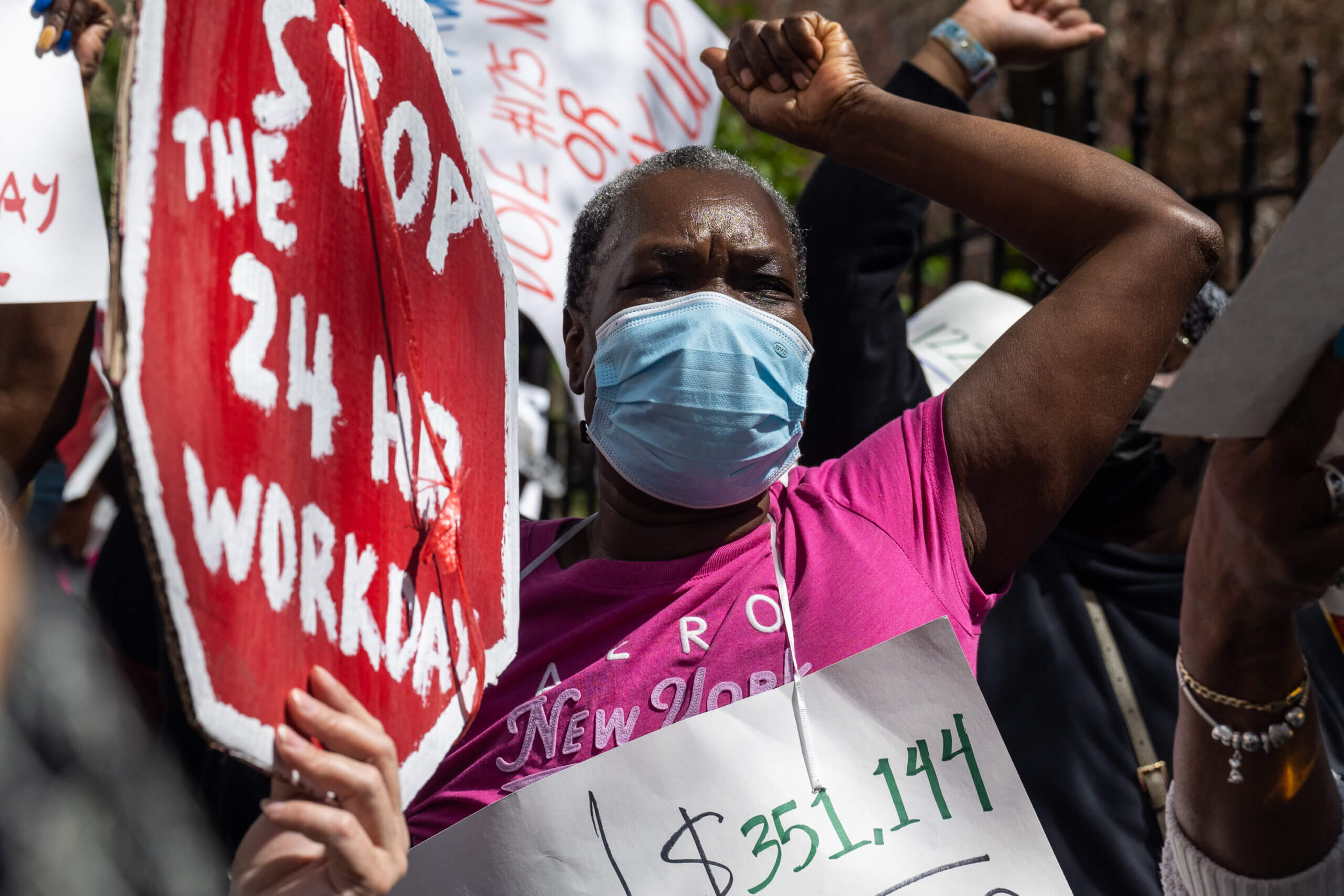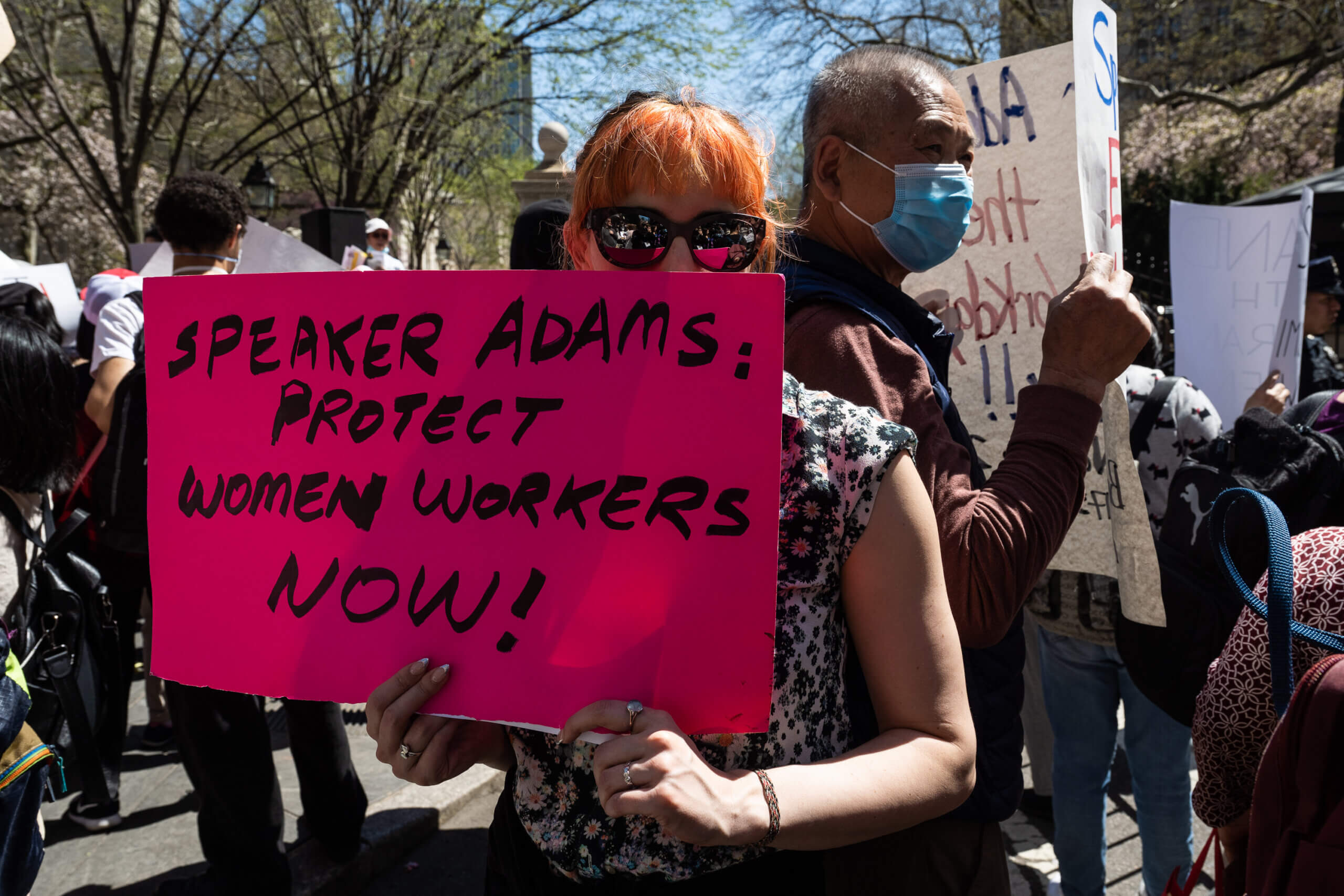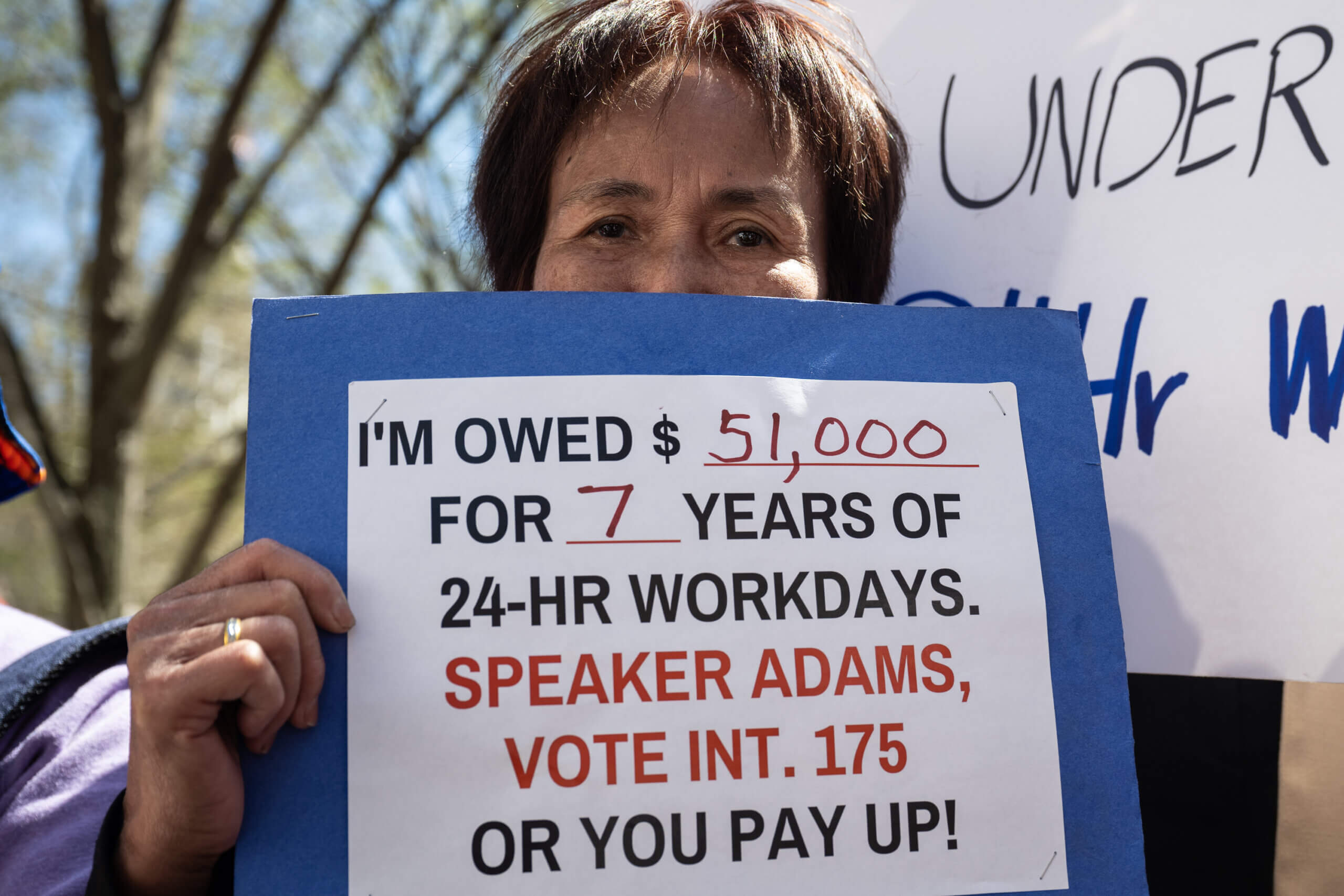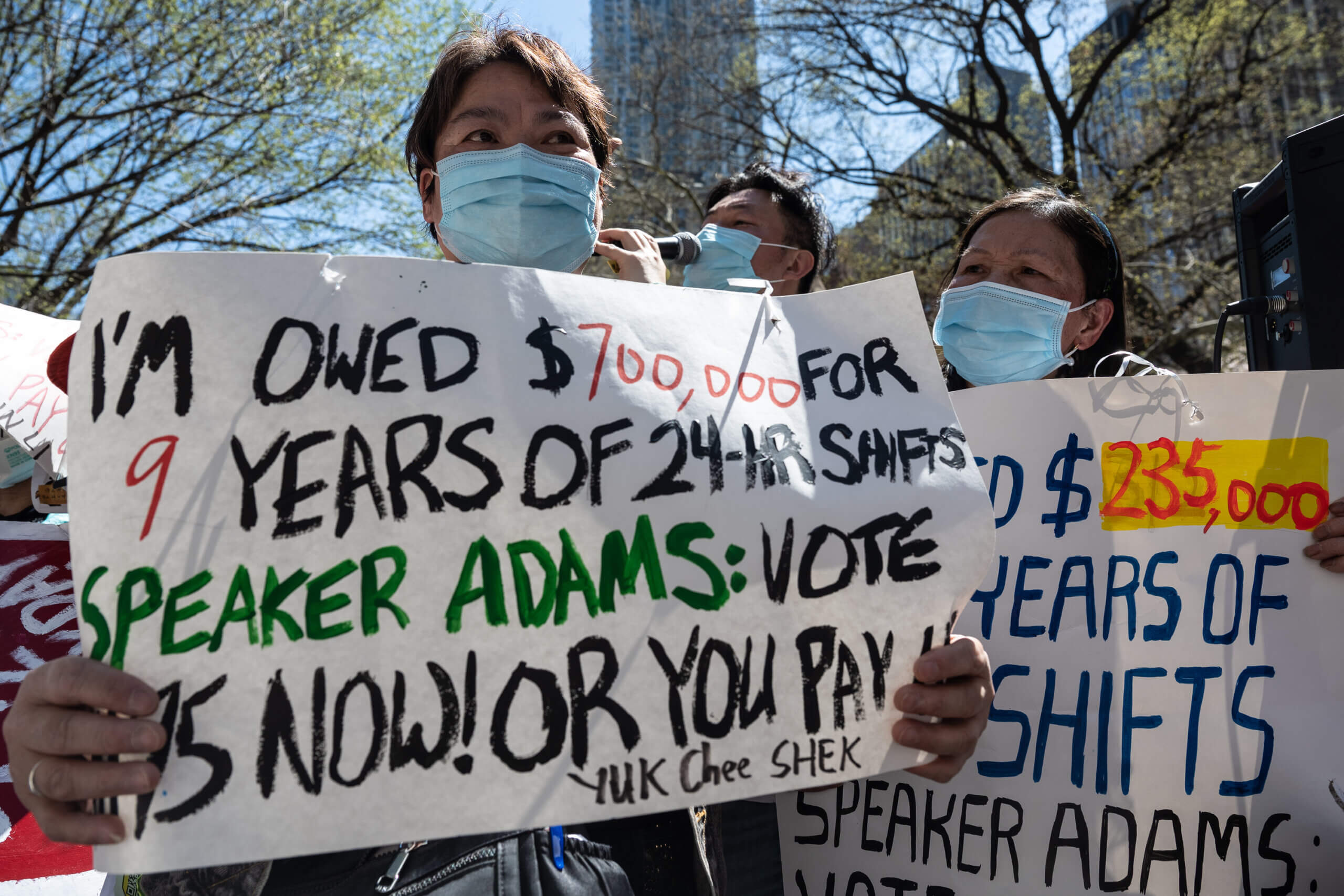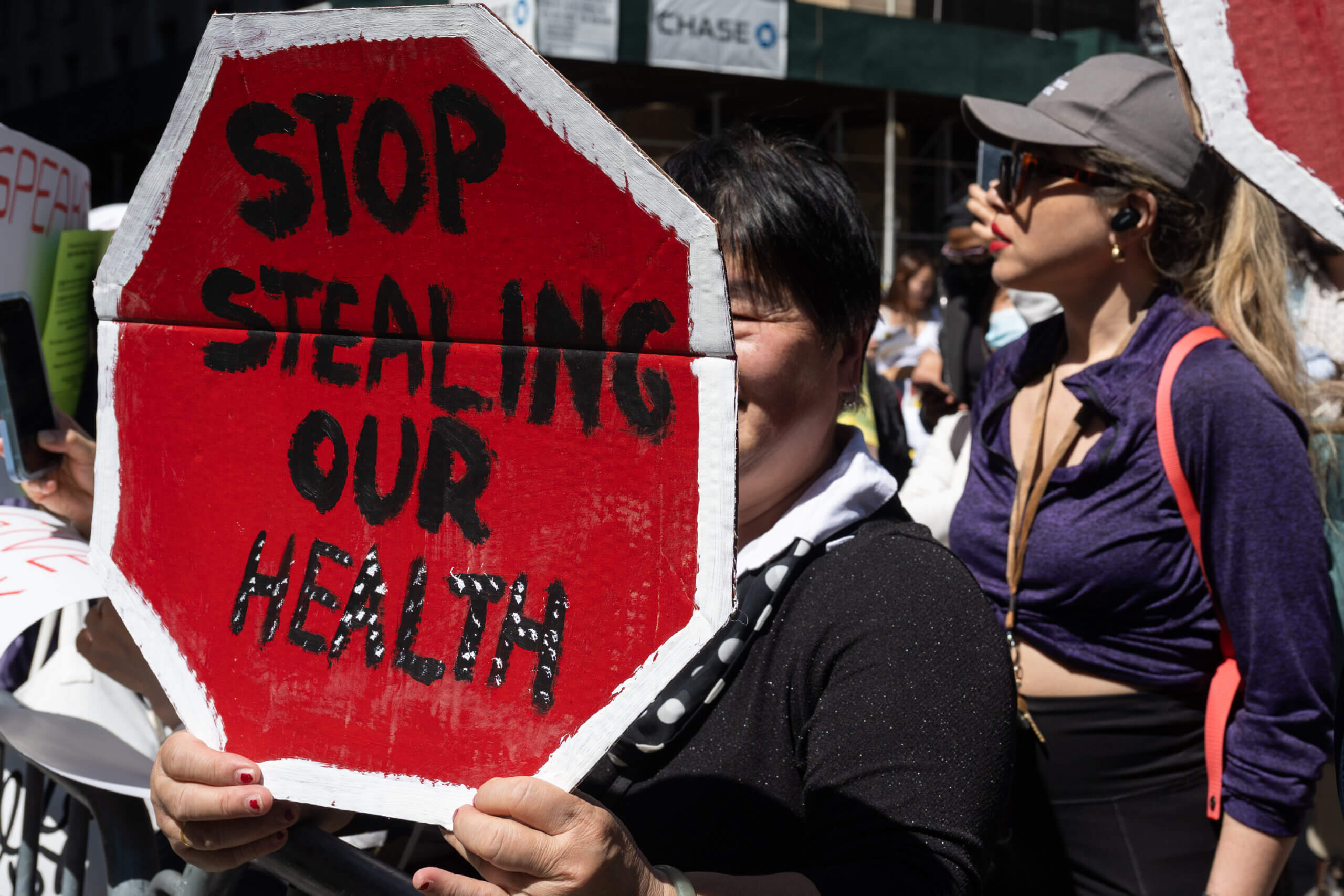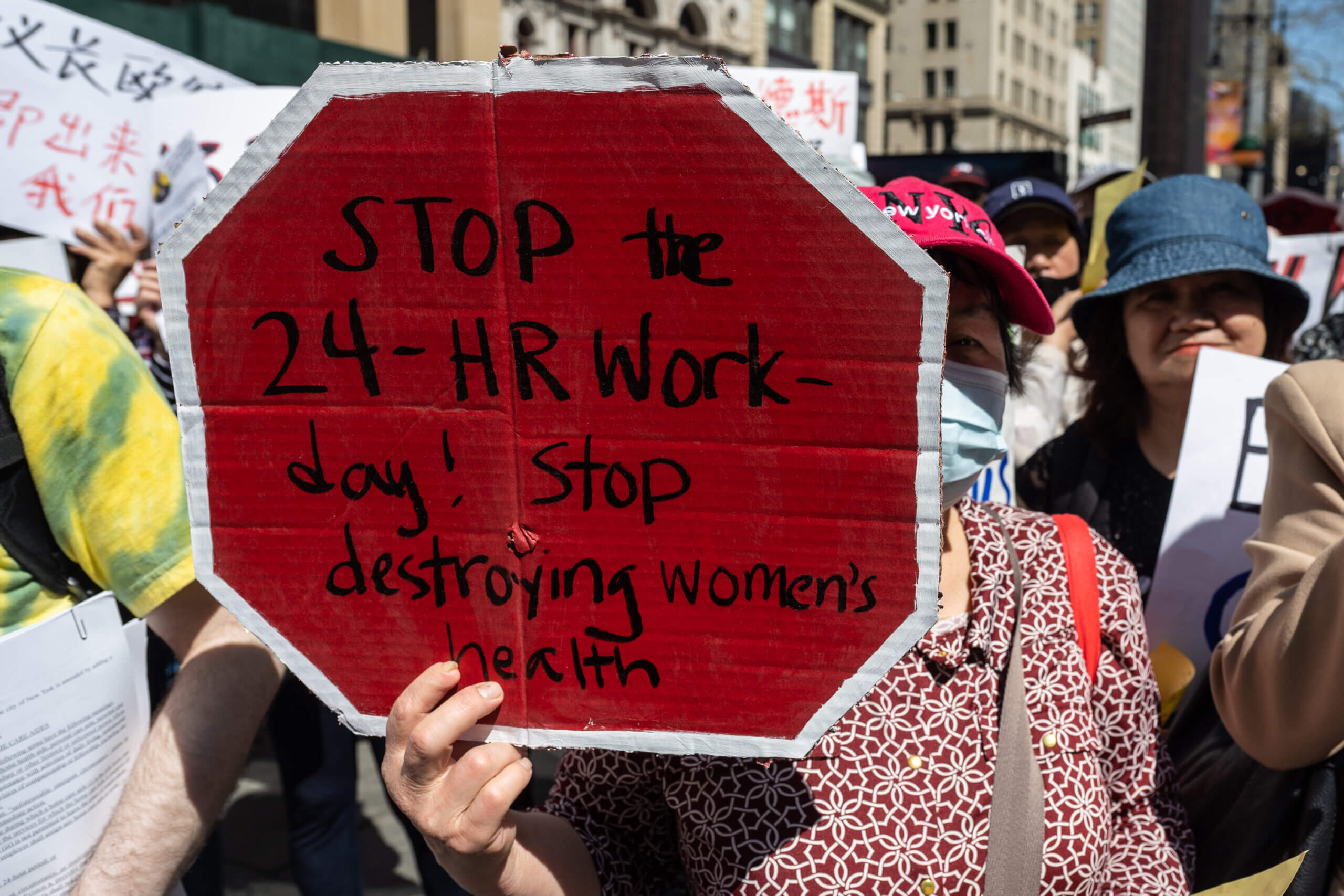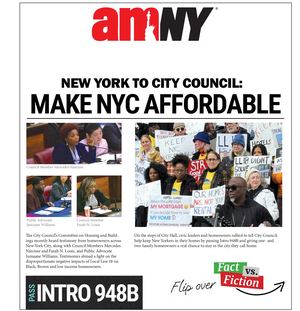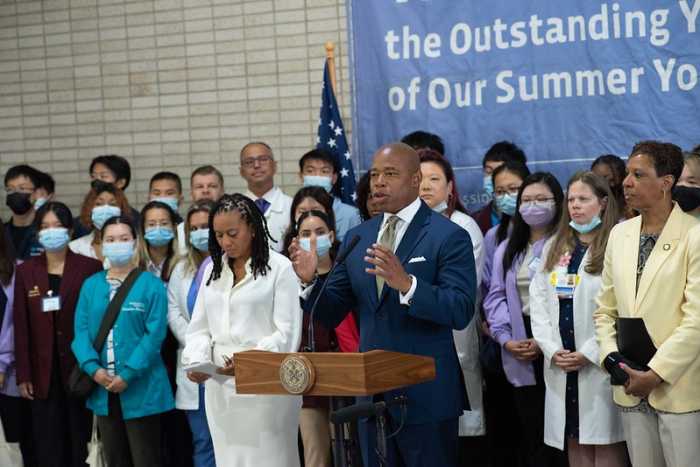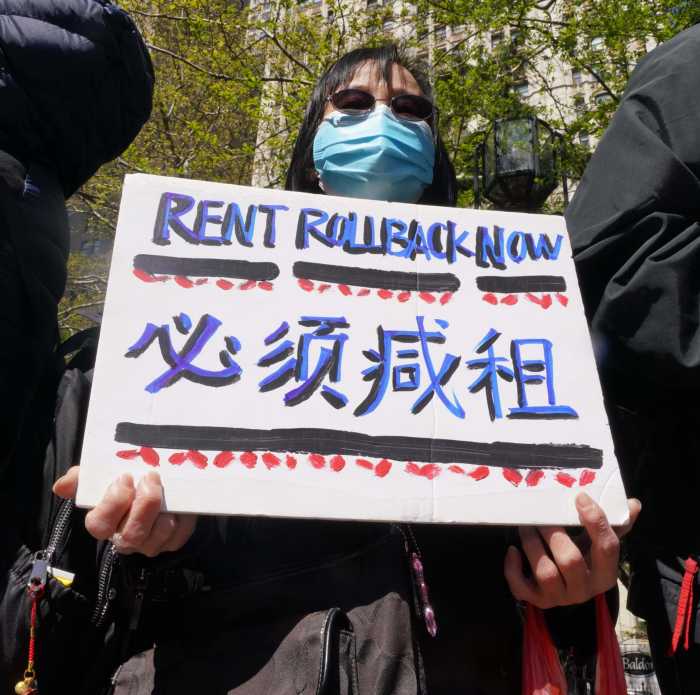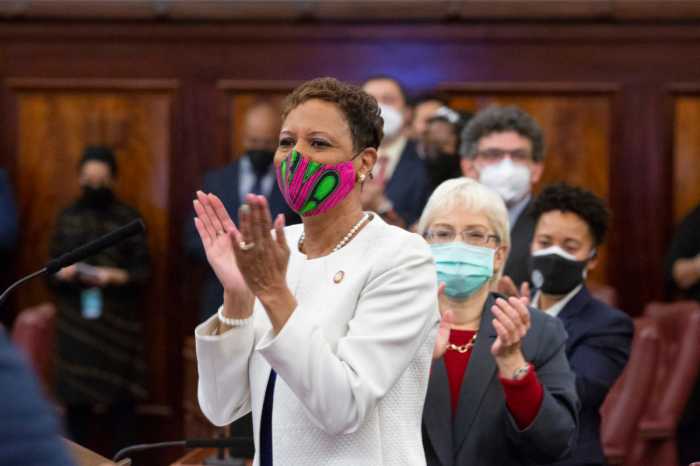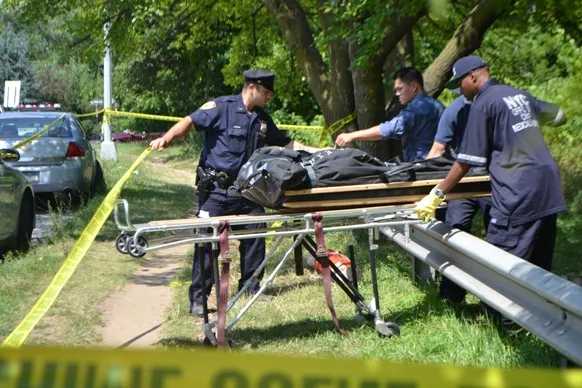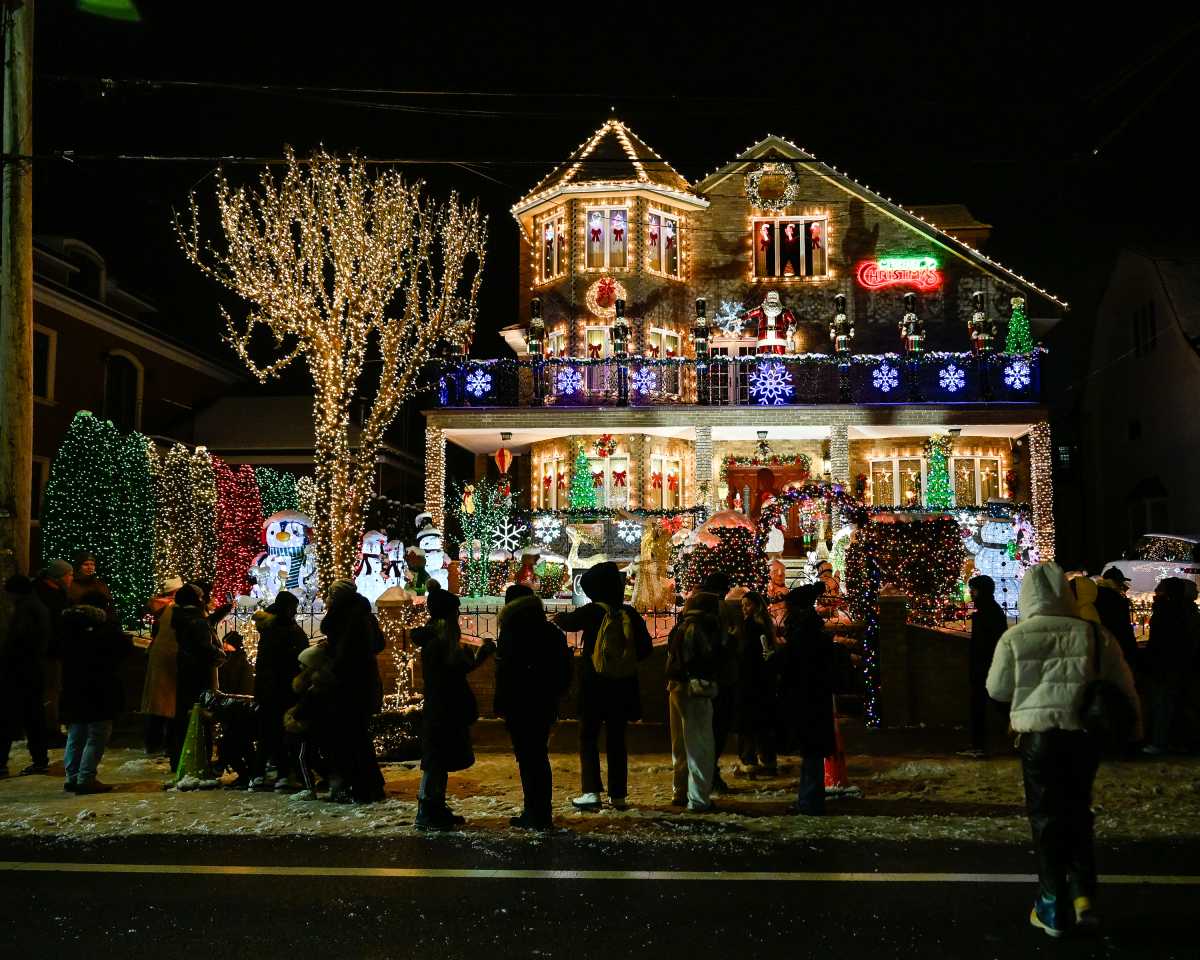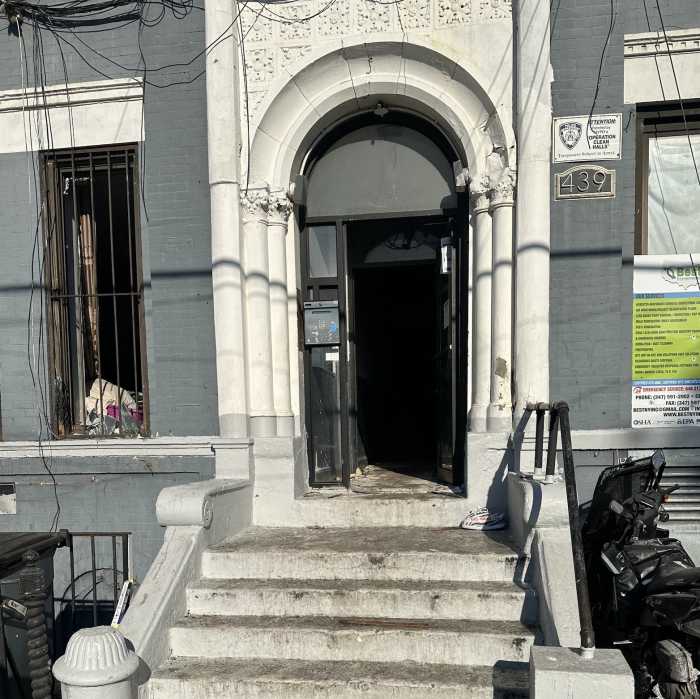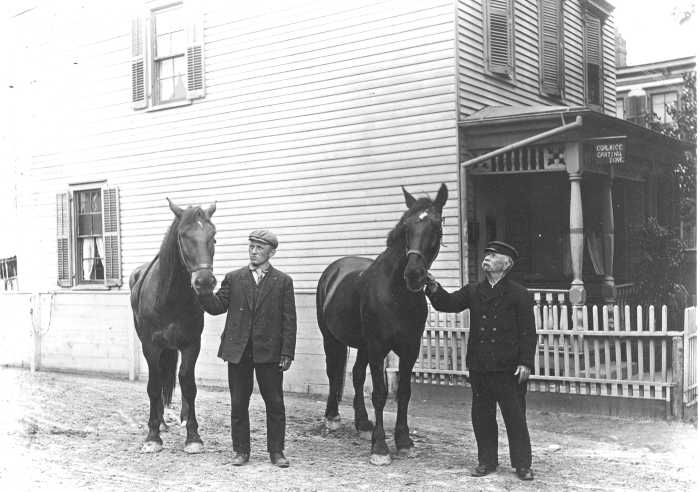A few hundred home attendants rallied outside City Hall on April 12, 2023, demanding Council Speaker Adrienne Adams finally bring the “No More 24” Act or Int. 175- to a vote. They claim that the speaker has repeatedly refused to bring the bill to a vote.
Int. 175, introduced by City Council Member Christopher Marte in April 2022, would end the 24-hour work shifts for home attendants. The bill, which has bipartisan support, would set the maximum working hours an employer can assign to a home care aid to 12 hours within a 24-hour period and 50 hours a week.
Council Member Marte, whose mother was a home attendant, explained to amNewYork, New York City was the only place where home care aids had to work 24-hour shifts. Every other city and county in New York State generally split shifts.
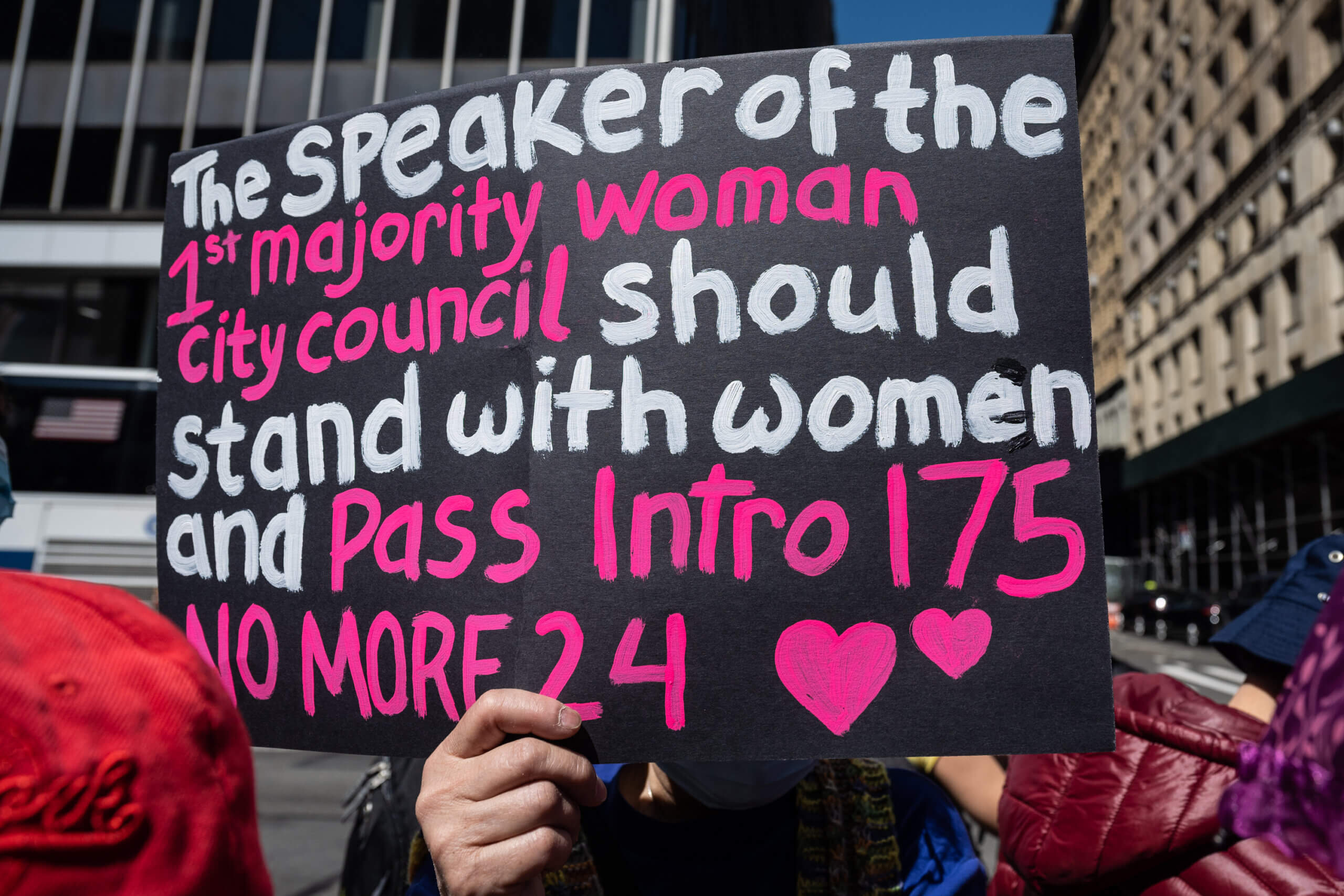
While home attendants are supposed to get three one-hour breaks for breakfast, lunch, and dinner, this often isn’t the case because patients require round-the-clock care.
“If you talk to any of these home attendants, they’re constantly caring for their patients,” Marte said. “There are no set times when they can leave their patient alone or do something else. They have to be in that confine to make sure that their patient is safe.”
He also highlighted the “state-sanctioned wage theft.” Even though home attendants work 24-hour shifts, they only get paid for 13 hours. State regulation allows for 24-hour shifts if the home attendant can take 5 hours of continuous sleep and 3 hours of uninterrupted rest for meals.
However, in reality, many patients require 24-hour care, and home attendants often forgo breaks and sleep to aid the patient.
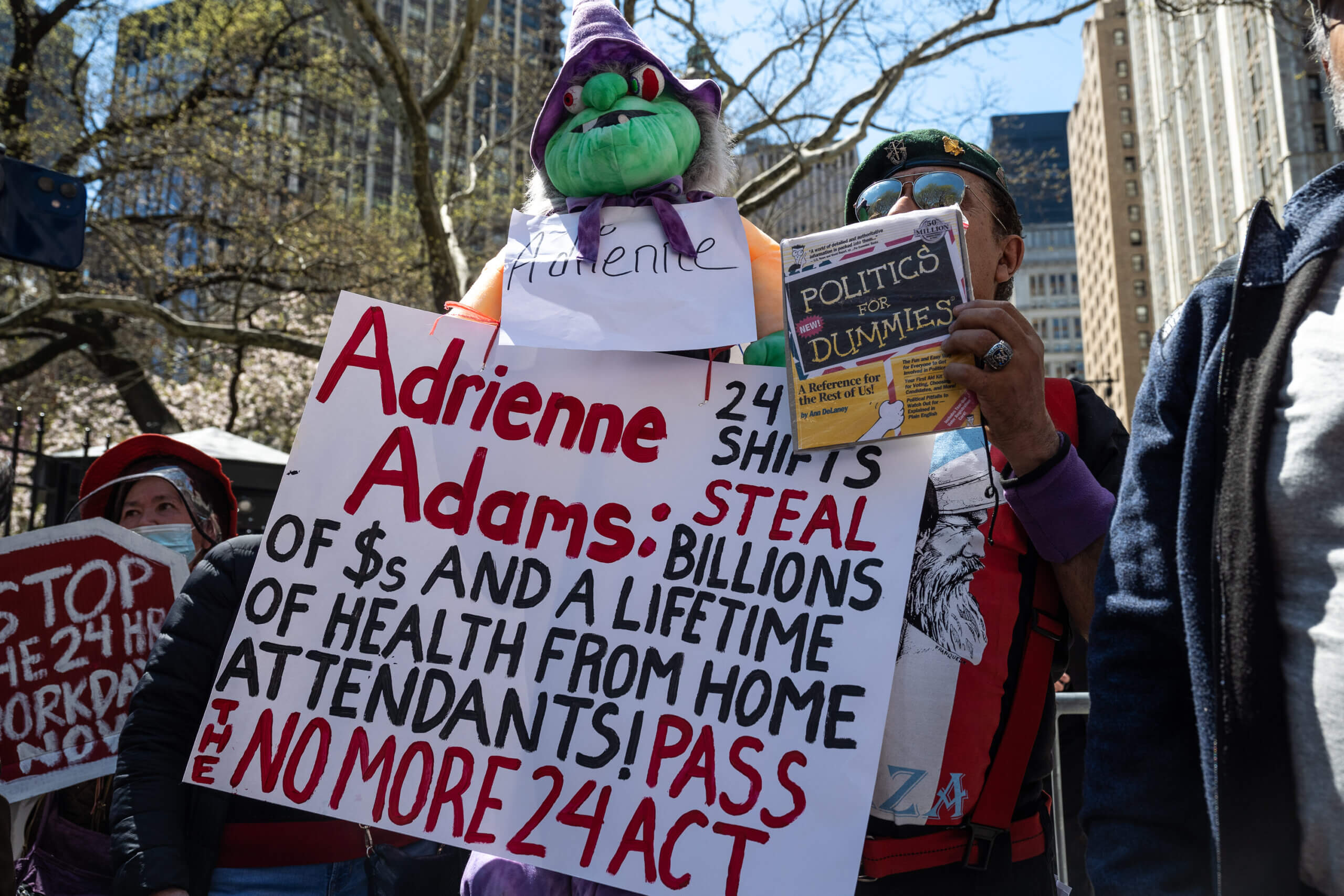
“So, they’re not only going through physical and mental exhaustion and labor,” Marte said. “They’re also getting wage stuff on top of it, even though they have to be present.”
Marte pointed out that often there is no room for home attendants to sleep.
“Many of these places where they’re taking care of individuals are like small studio apartments,” Marte said. “People are sleeping on the floor.”
Many protestors held up signs showing the amount of wages they still were owed. According to the “Ain’t I a Woman” campaign, the New York State Department of Labor (NYSDOL) calculated that 500 home attendants alone were owed $65 million.
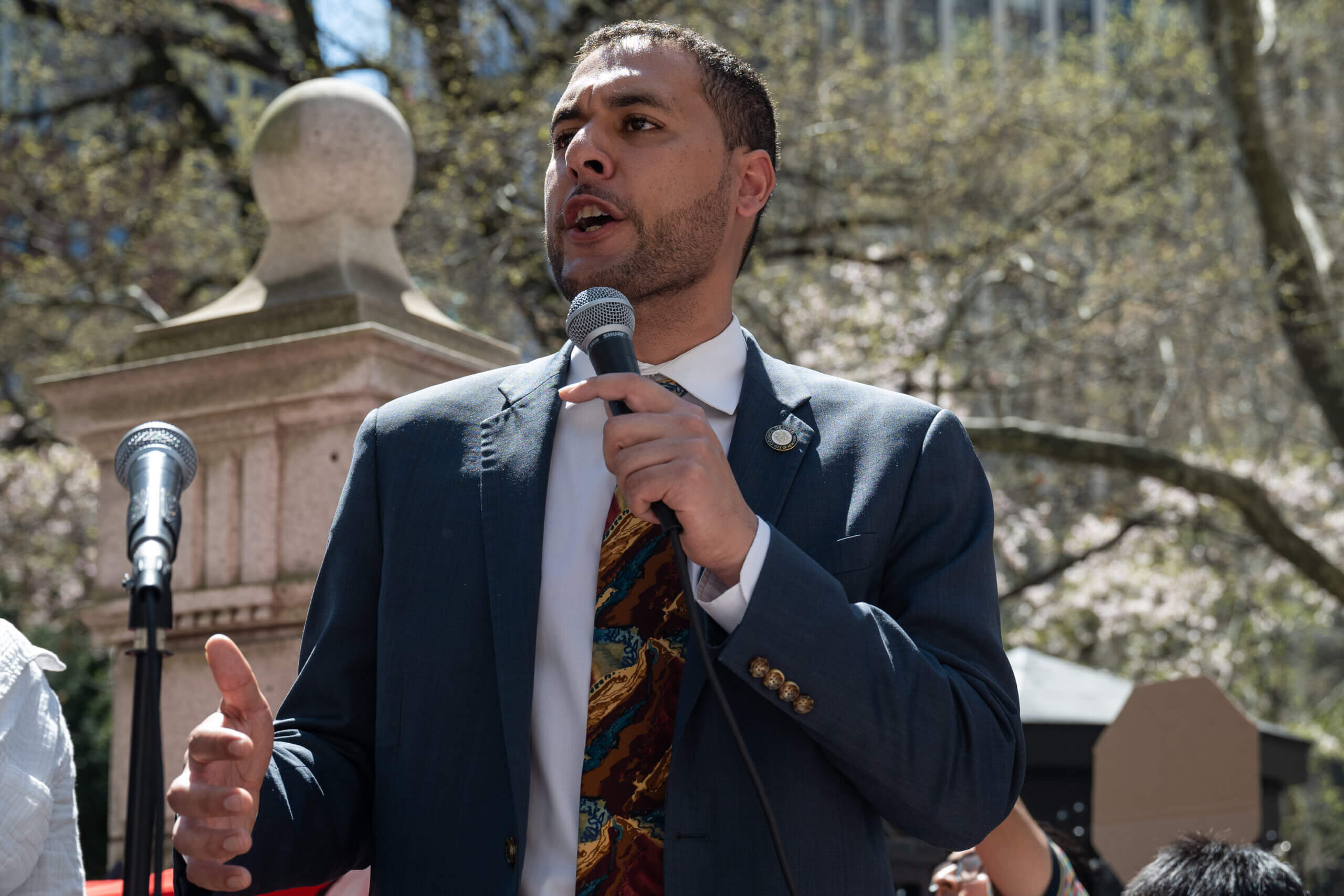
The campaign described the practice of 24-hour workdays as racist and sexist, one that doesn’t only hurt women of color – who make up the majority of home care aids – but all working people.
Home attendant Jun Zsu, who works three consecutive 24-hour shifts a week, said the NYSDOL calculated that her employer owes her at least $235,000.
She shared that she couldn’t even sleep at night because her patient must be lifted from the wheelchair to the toilet around 20 times a day.
“My right arm was injured, and my fingers are deformed,” Zsu said. “I can no longer write with my hands. My eyesight has deteriorated, and my back is in constant pain, all due to 24-hour workdays.”
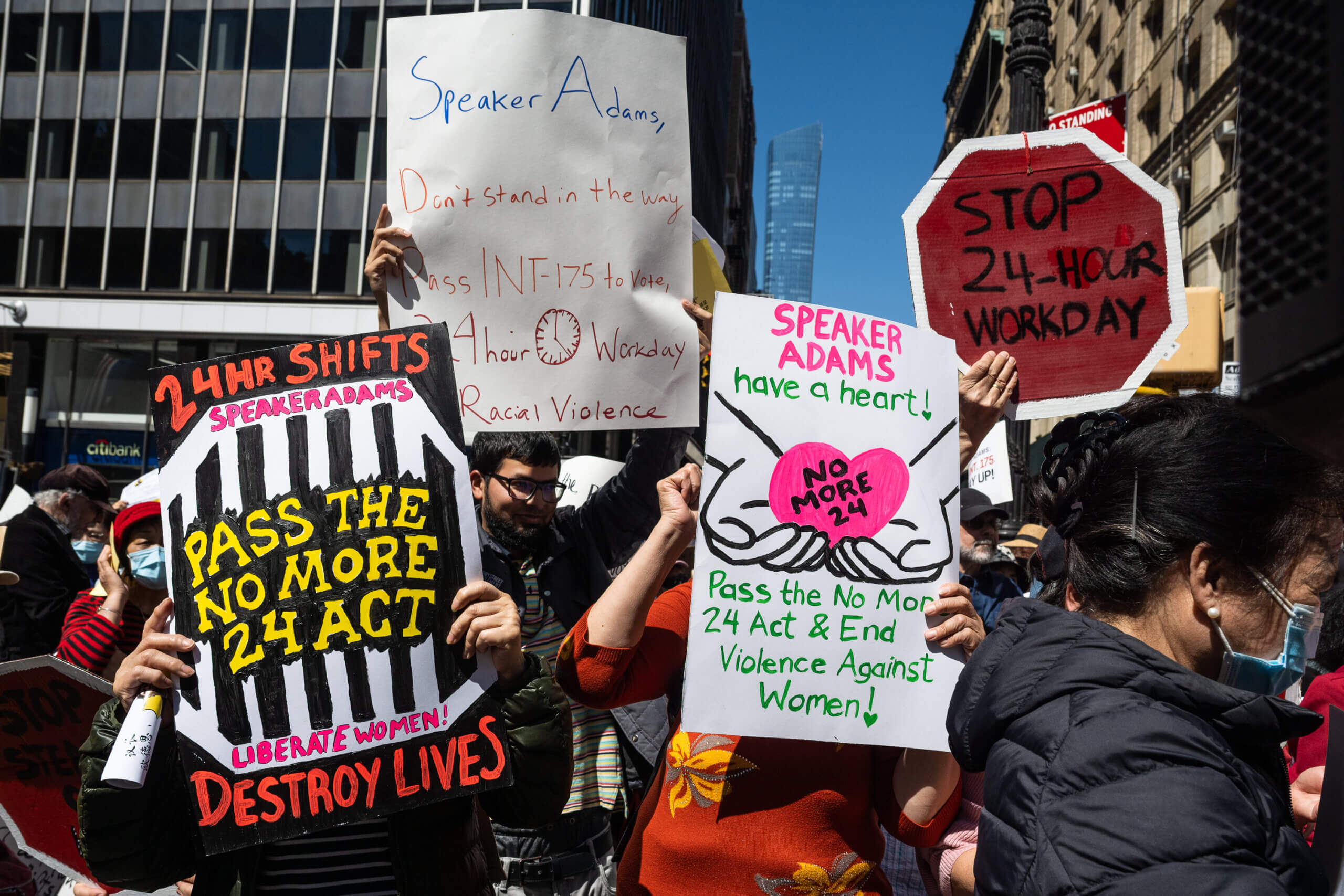
Mercola Guzman has been a home attendant for ten years. Guzman said the 24-hour shifts destroyed her health and she had walking difficulties and uncontrolled blood pressure. Her agency also owes her an estimated $270,753 in backpay.
Like many protestors, predominantly women of color, Guzman thought Speaker Adrienne Adams, the 1st female black speaker, didn’t represent women.
“She pretends to fight for women and African descendants like myself, workers and working families,” Guzman said. “But behind closed doors, it’s another story. She’s using her political power to protect insurance companies and homecare agencies.”
Some, however, say that the bill would negatively impact patients.
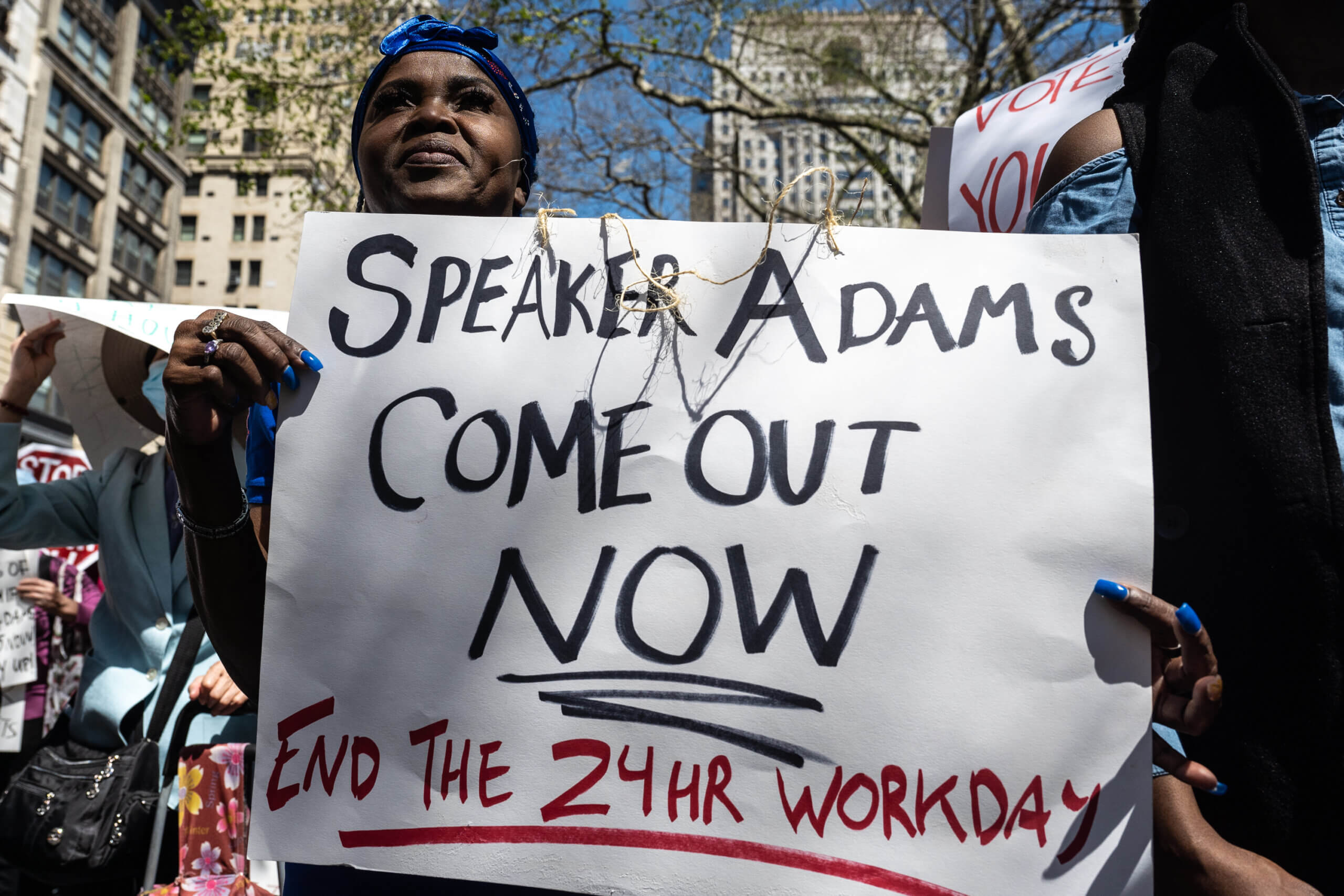
At a hearing in September 2022, Elizabeth Valdez, systems advocate for the Brooklyn Center for Independence of the Disabled, testified that the bill would cause some recipients to lose their coverage. Valdez acknowledged that workers deserve fair wages, but expressed concern that Int. 175 would pit workers against disabled people.
Valdez argued that because of the shortage of home care workers, it would be difficult to find additional home aids, and patients might end up in nursing homes.
A statement from the Speaker’s office reads, “This specific bill had one hearing and is going through the Council’s legislative process. New Yorkers with disabilities, among other important stakeholders in our city, have raised significant concerns about this bill that need to be resolved. The Speaker and this Council have also prioritized efforts that support people with disabilities, and have no interest in pitting groups against one another. The expectation for this bill, like any other, is for the sponsoring Council Member to both advocate and to engage all stakeholders in good faith discussions toward a resolution.”
